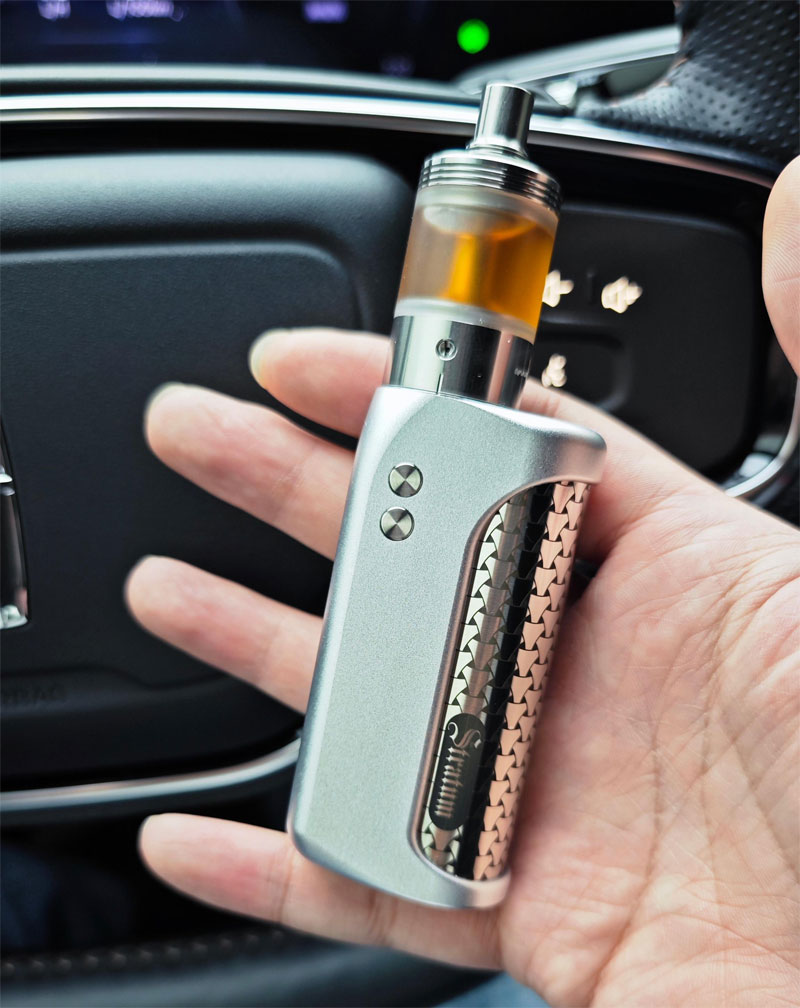
E-cigarettes have become a popular alternative to traditional smoking, offering a seemingly safer option for nicotine consumption. While their popularity increases, many people wonder: are e cigarettes approved by FDA? This question is crucial for users who prioritize health and safety. Understanding FDA’s stance on e-cigarettes involves a dive into regulations, approvals, and health impacts.
What Does FDA Approval for E-Cigarettes Entail?
Getting an FDA approval for e-cigarettes means the product has undergone substantial evaluation for safety, labeling, and manufacturing quality. Approved products must demonstrate that they benefit public health by being a better alternative to tobacco cigarettes or by aiding in smoking cessation. This is an ongoing challenge given the controversy surrounding nicotine addiction.
Diving deeper into the topic, let’s explore the nuances of FDA’s guidelines for e-cigarette approval.
- Premarket Tobacco Product Application (PMTA): All e-cigarette manufacturers must submit PMTA to the FDA, detailing studies on health impact, ingredients, and product design. Only through this rigorous process can they gain approval.
- Modified Risk Tobacco Product (MRTP):
 Companies seeking to market e-cigarettes as less harmful than traditional smoking must adhere to MRTP protocols, which require substantial scientific evidence.
Companies seeking to market e-cigarettes as less harmful than traditional smoking must adhere to MRTP protocols, which require substantial scientific evidence.

Current Status of FDA Approval on E-Cigarettes

As of now, the FDA has approved a limited number of e-cigarette products through the PMTA process. These products have undergone comprehensive evaluations and are deemed to potentially reduce the harm of tobacco consumption. It’s important to note that continuous research and studies influence these decisions.
While certain products have managed to obtain approval, the vast majority of e-cigarettes are still under review or have been rejected. The stringent process ensures that only the safest and most effective products make it to the market.
Concerns and Controversies
The approval process for e-cigarettes is not without contention. Critics argue that even FDA-approved e-cigarettes may still pose risks, especially concerning long-term health effects and nicotine addiction. Research continually explores the impact of vaping on lung health and potential links to respiratory ailments.
Proponents, however, insist that e-cigarettes can play a pivotal role in reducing traditional cigarette smoking, highlighting findings where users effectively transition away from conventional smoking practices.
What Users Need to Know
Consumers seeking e-cigarettes should carefully review if their chosen product is FDA-approved. This verification can provide an added layer of confidence. Moreover, it’s crucial to understand the ingredients and nicotine levels within the products to make informed decisions regarding their health.
FAQs on FDA and E-Cigarettes
Are all e-cigarettes FDA approved?
No, not all e-cigarettes are FDA approved. Approval is granted only to those products that pass PMTA and MRTP processes.
Why has the FDA not approved all e-cigarettes?
The FDA requires substantial evidence proving reduced harm and benefit to public health, which many e-cigarettes have yet to demonstrate conclusively.
How can consumers verify FDA approval?
Consumers can check the brand’s website or FDA announcements to verify approval status or look for official FDA labels on packaging.